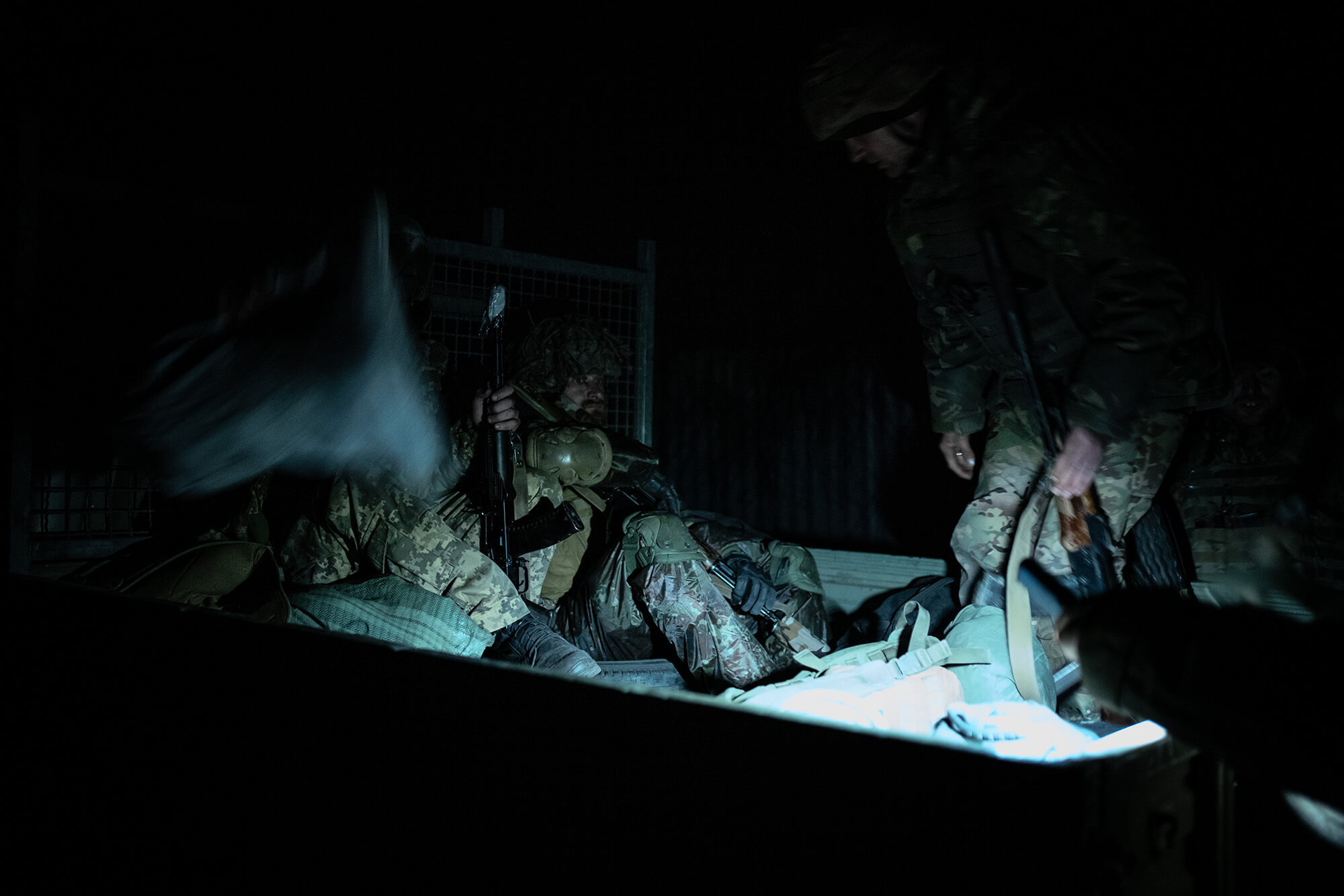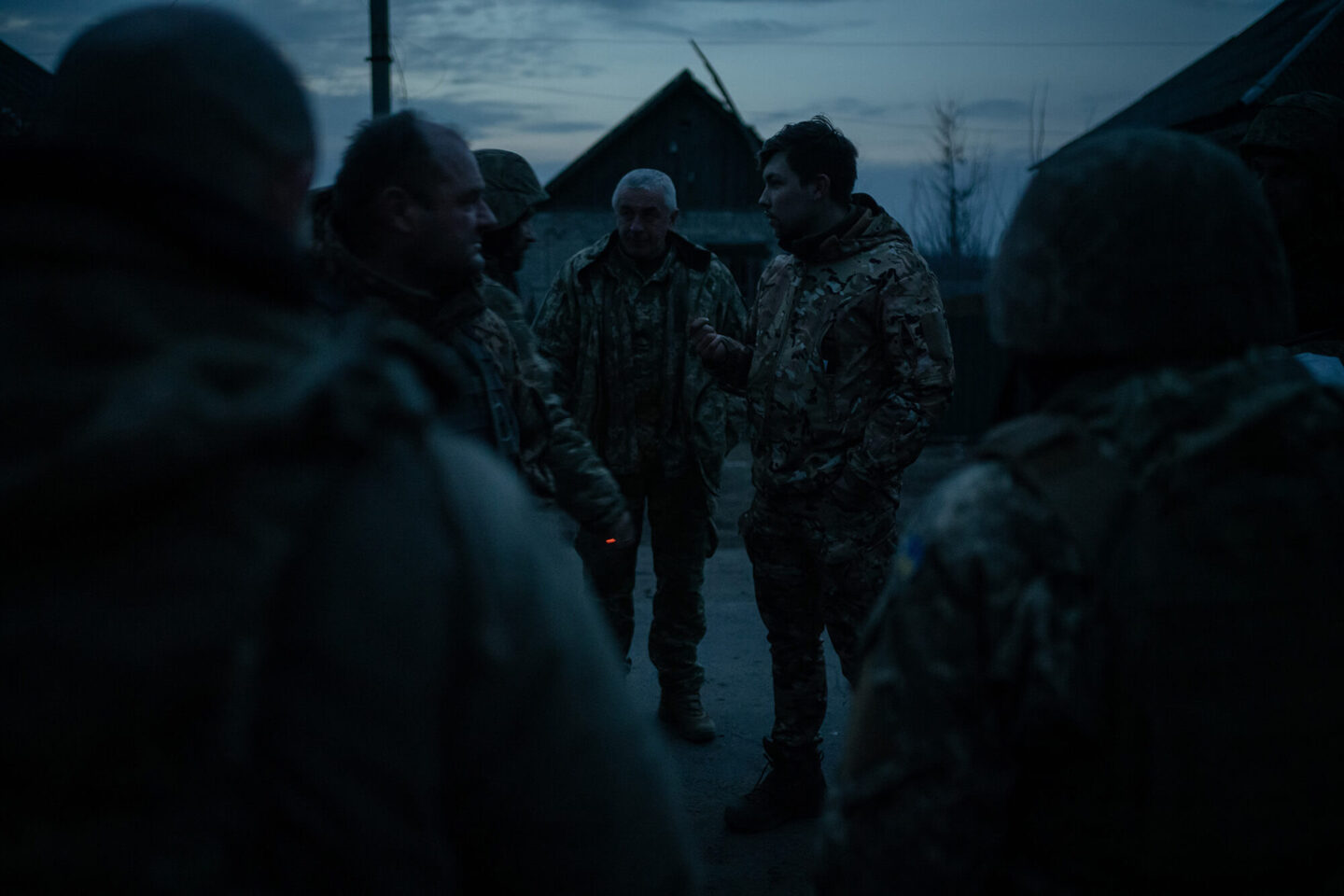1.
— Try my shoes on, — I can hear, — and walk in them.
I won’t try them on. And I won’t walk in them. I have my own.
At first, they were too tight, they creaked and rubbed my feet treacherously to bloody calluses. But I wore out my shoes, changed the laces, poured some peroxide on the wounds, stuck a bandage on my heel, and washed it down with cognac.
I don’t want to try someone else’s shoes on. It’s unhygienic. I am disgusted. I am afraid of fungus. Also, I am afraid to discover they are too comfortable for me, too soft, with orthopedic insoles, ventilated. Or, vice versa, that they are full of stones, sand and other people’s bloody sweat.
Comfortable flats, that walked down the gravel in the Luxembourg Gardens, cannot be compared to the scuffed brogues that slipped on the slick cobblestones of the Warsaw ghetto. But there is a chance they will “meet and live their whole life together.” A high chance. Almost unavoidable. They will live side by side, raise children, build a house, and create a new and wonderful world. But will they be able to refrain from poisoning each other with the memory of incomparable experiences? To live without looking behind each other’s backs, anxiously searching for answers to uncomfortable questions? Can they, finally, sleep in the same bed and while hugging passionately, not to think of their pains and losses: a dress stained with caramel from a croissant sold on Rue Vavin in one memory cell and the legs of a boy from Hłodna Street frozen to blackened bone in another.
They won’t. They can’t. And they don’t have to.
2.
We all are so eagerly waiting for the end of the war, living with a silent hope, feeding on dry rage and feverish delusions of victory. We wait for the return of our people. For thirst to be quenched, for wounds to be healed, for ruins to be rebuilt. We are waiting for the return of men and women from the frontlines, dusty and hungry, thirsty and broken, but our own, our dear ones. Those whom we love and trust. Those we want to sleep in the same bed with, to walk the same streets, to share dinners and dry Californian wines.
To rebuild all of this, to continue our journey together, to believe in happiness.
There will be no happiness.
Those who are used to walking on ice, swamps and mountain slopes will not immediately get used to walking on asphalt. Those who believed in God but were convinced of his absence would bypass the church and go to the nearest bar.
But we are still waiting for their return, to share our happiness and love, to move, to live, to rejoice, to be together, to believe together, to build together.
It’s impossible. Our experiences divided us, our experiences split us up, our experiences are different, our revelations are banal and uninteresting, like election campaigning. Don’t believe in future, don’t get your hopes up, don’t look for excuses for everything that will happen. There is but one excuse — the war that has divided all of us. The widows’ sorrow, the pain of loss, the hysterical laughter of soldiers, who’ve learned to kill so well, the confusion of children, sincere hatred for European bureaucracy and the prices of the Vienna metro.
What does it matter why we don’t get enough sleep? Due to long hours of love, or nightly air alarms, or post-concussions syndrome and nightmares in which, as if in reality, an infantry fighting vehicle commander comes with his head cut off and calls you to join him…
What does it matter why it hurts? If it hurts. The outcome is the same. The ways are different.
3.
You won’t find each other. We won’t find each other. We will have each other scattered. We will lose each other. We will not forgive each other, because we did not learn to live together, because we could not live together, because each of us had our own, because each of us lived our own life, because it is easier to hate and not understand, to demand and not forgive, than to remain silent, wait, endure, and love what has changed, rather than what was before those changes.
Women will leave their husbands; men will leave their wives and go into the night. Children will scatter to different countries. Dogs torn between two owners will forever fall into deep layers of psychological deprivation.
Unbearable winter, unbearable spring, unbearable summer. And autumn, all the same – unbearable.
4.
How do you learn to understand? How do you learn to accept? How do you love someone else’s shoes, how do you press your lips to them, apologize to them, talk to them like you talk to your pet?
Our ways are different, our pains are different. Our dimension is the same, and it is ripped apart by a hoarse cry from everything that is, everything that was, and everything that will be. No, there will be no peace and understanding, but anxiety, brokenness, and disappointment.
We will see suicides. We will see murders. We will see escapes from death. Our defenders, our wives, and our children. We will all live together, but everyone will be waiting for an opportunity to escape to their usual world, so deep and warm because it was born of war, which is terrible, bloody, ruthless, and therefore infinitely strong. This war is stronger than us. Even if we finish it. Even if we do, defeating the absolute evil.
— Try my shoes on, — I can hear. — How can you disrespect my experience? How can you not love my experience? Shy away from it? Not accept it? Try them on.
I have my own. From the Luxembourg Gardens to the Warsaw Ghetto, from the loneliness and black depression of the northern forests to the corpse-strewn plantations of the Ukrainian east. From loneliness and self-acceptance to despair and distrust of oneself. My shoes are like that. And none of you have to try them on. Just like I don’t have to try yours on. And no one has to understand. And no one can’t. And no one will probably learn to.
5.
I don’t want to talk about it anymore. It does not make any sense, because there is an insurmountable and petrifying bitter reality. No matter what we do, no matter how many optimistic speeches we give, no matter how many kind and supportive words we say, we won’t understand or feel each other. And no matter how many letters and texts we send, no matter how many times we ask, “How are you?”, we will not understand the answer. We are all fine. We are all ok. That’s the answer that suits all.
However, not everyone is alive. However, not everyone will stay alive. Nor will everyone want to live.
Can I just get on my horse and ride it along the Dnipro cliffs? When I return, surely. Surely, when I return.
Artem Chekh — writer, Junior Sergeant of the Armed Forces of Ukraine
Translation — Marta Gosovska
§§§
[The translation of this publication was compiled with the support of the European Union and the International Renaissance Foundation within the framework “European Renaissance of Ukraine” project. Its content is the exclusive responsibility of the authors and does not necessarily reflect the views of the European Union and the International Renaissance Foundation]





